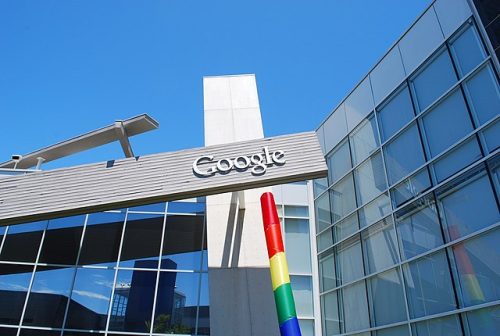Google’s announcement that it was merging its two advanced artificial intelligence (A.I.) research labs, Google Brain and DeepMind, has created a buzz in the tech industry. While the move is a strategic one for Google, there are concerns about the impact it could have on the wider A.I. research community. Google Brain was established in 2011 as a research group focused on machine learning and deep learning technologies. Its initial goal was to develop software algorithms that could teach computers to recognize and interpret images, speech, and other forms of data. It quickly became one of the largest and most influential A.I. research groups in the world.
DeepMind, on the other hand, was founded in London in 2010 by Demis Hassabis, Shane Legg, and Mustafa Suleyman. It is known for its work on developing algorithms that can learn to play complex games, including the board game Go, which had long been considered too difficult for computers to master. The company has also worked on projects in healthcare and energy.
Google acquired DeepMind in 2014 for $650 million, with the aim of incorporating its research into its existing A.I. efforts. The two companies continued to operate largely independently, with Google Brain focusing on general machine learning research, while DeepMind worked on more specialized projects.
The new unit, Google DeepMind, will bring the two groups together under the leadership of Demis Hassabis. This move is expected to lead to closer collaboration between the two teams and accelerate the pace of innovation in A.I. research. On the surface, the merger seems like a logical step for Google. By combining the expertise of Google Brain and DeepMind, the company can streamline its A.I. research efforts and avoid duplication of work. It could also help Google to stay ahead of its competitors in the fiercely competitive A.I. market.
However, some experts are concerned that the merger could have negative consequences for the wider A.I. research community. By consolidating so much expertise under one roof, Google could make it harder for other companies and organizations to compete in the A.I. space. This could stifle innovation and limit the potential benefits of A.I. for society as a whole.
There are also concerns about the impact of the merger on the researchers themselves. Consolidation could lead to fewer opportunities for researchers to work on diverse projects and could limit their ability to pursue their own research interests. This could make it harder for researchers to make breakthroughs in A.I. that benefit society as a whole.
The Google Brain-DeepMind merger is undoubtedly a smart move for Google. It will bring together two of the most innovative and influential A.I. research groups in the world and could help Google to stay ahead of its competitors. However, there are concerns about the impact of the merger on the wider A.I. research community, and on the researchers themselves. It is important that we continue to monitor these developments and ensure that A.I. research remains open and collaborative, with benefits for all of society.
























